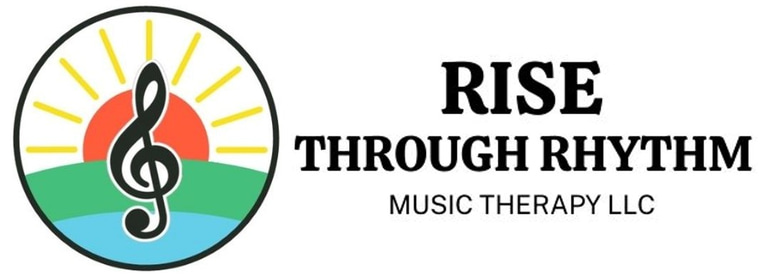Who I am
In addition to my degree in Music Therapy, I have a Bachelors Degree in K-12 Music Education. I am also trained as a Neurologic Music Therapist, which allows me to work more in-depth with neurologic and sensory disorders.
I have worked as a music therapist with people in a wide variety of settings including special education, eating disorder recovery, hospice care, Parkinson's Disease management, in-patient mental health, cancer care, skilled nursing care, memory care, and assisted living. I have collaborated with IEP teams, nurses, massage therapists, social workers, chaplains, activities professionals, and others.
I serve on the board of the Music Therapy Association of Minnesota as the Conference Planning Committee Chairman, where I plan continuing education conferences for music therapists across the state. I also founded the Twin Cities Journal Club, an educational group where music therapists meet virtually once per month to discuss peer-reviewed music therapy research.
Hi, I'm Andee, Board-Certified Music Therapist and owner of Rise Through Rhythm.


I am passionate about music therapy, and love using my skills to help people rise to accomplish their goals. Fill out a contact form to book with me today!

Frequently Asked Questions
What is music therapy?
Who is music therapy for?
What if I don't sing or play an instrument?
What qualifications do music therapists have?
Is music therapy evidence-based?
Can my sessions take place virtually?
Music therapy is a way to use music, guided by a board-certified music therapist, to help people reach their personal goals. These goals might be emotional, physical, social, or related to thinking and learning.
Music therapy doesn’t replace traditional therapies—it offers a different perspective. By approaching challenges from a new angle, music therapy can lead to fresh insights and progress. Whether used on its own or alongside other therapies, music therapy opens the door to new possibilities.
Visit the Services page to learn more about how music therapy can help!
Research shows that music therapy can help many different groups of people. Those who commonly benefit from music therapy include people with developmental disabilities, people with movement disorders, children, and older adults.
To become a board-certified music therapist, a person must earn at least a bachelor’s degree in music therapy from an accredited college or university. After that, they complete a 1,000-hour internship and pass a national certification exam through the Certification Board for Music Therapists (CBMT), approved by the National Commission for Certifying Agencies (NCCA).
Yes—music therapy is supported by a large body of peer-reviewed research. Explore the links below to learn more.
No problem! You don’t need musical skills to participate in music therapy. It’s open to everyone, regardless of skill level or background. Music therapy is equally effective whether or not the client is playing music or singing.
Yes! Sessions usually take place in your home, but phone or video chat sessions are also available. This can be a regular option, or you can use it on an as-needed basis.
How much do sessions cost?
My rates have been formulated, with the help of other music therapists, to match local in-home service costs for the Twin Cities Metro Area. If cost is a barrier, please reach out—I may be able to connect you with more affordable options. A needs-based program is also on the way!
If you have a DD, BI, CAC, or CADI Waiver through Medicaid, music therapy is 100% covered as an Independent Living Skills Therapy up to once per week in Minnesota, meaning you will pay $0 out-of-pocket.
Individual Sessions: $129 for 45 minutes, $172 for 60 minutes
Small Group Sessions (2-6 people) : $69 per person for 45 minutes, $92 per person for 60 minutes
Large Group Sessions (7+ people) : $200 per group for 45 minutes, $267 per group for 60 minutes
